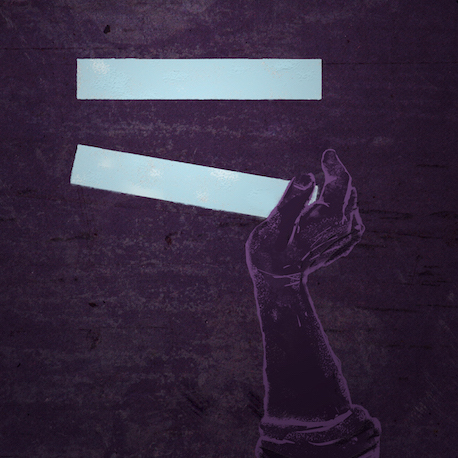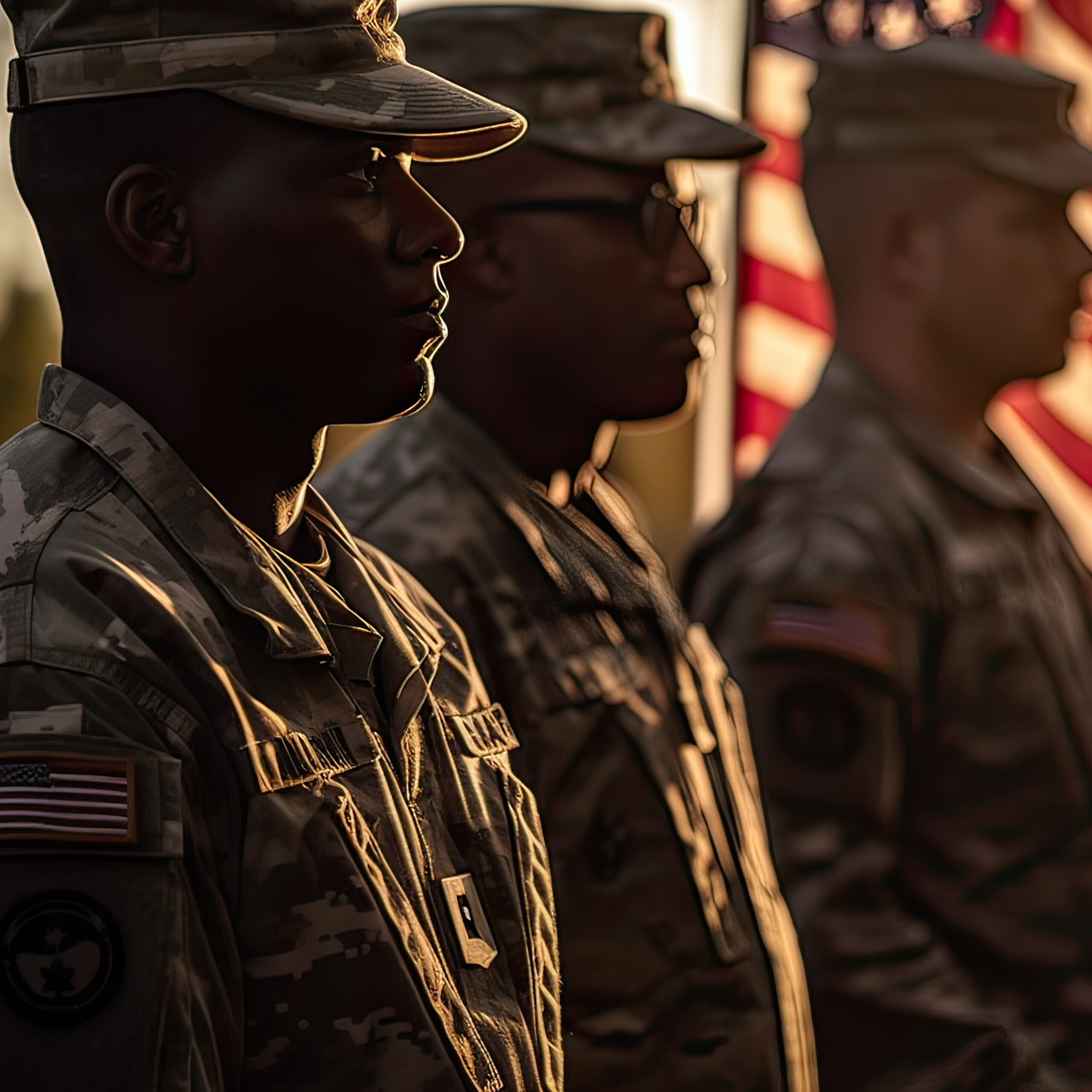Pushing Toward Parity
Advancing our work on racial disparities, this comprehensive package assesses the impact of sentencing reforms on disparity trends in 12 states, examines imprisonment trends among female populations, and explores challenges in the measurement of Hispanic disparities.
From Duty to Dignity: Supporting Service Members in Their Transition to Civilian Life
In its second set of recommendations, the Veterans Justice Commission says stronger support for service members transitioning from military to civilian life can reduce the number of veterans who land in the criminal justice system and improve other outcomes.
Crime Trends in U.S. Cities: Year-End 2023 Update
Homicide and most other violent crime declined in American cities in 2023, but levels remain above those seen before the onset of the COVID pandemic and the widespread social justice protests of 2020. Most property crimes were down last year, but motor vehicle theft continued to surge.
2023 Annual Report
In 2023, we redoubled our efforts to bridge partisan divides and build common ground for policies rooted in facts, evidence, and fundamental principles of justice. Our Annual Report provides highlights of our work on violence reduction, long prison sentences, racial disparities, veterans in the justice system, and more.
Trends in Homicide: What You Need to Know
Prepared for CCJ’s Crime Trends Working Group, this package of data and analysis looks at changes in homicide over 50 years. It also explores possible explanations for the rise in murder seen during the height of the pandemic and social justice protests of mid-2020, and, in most cities, its subsequent decline.
Shoplifting Trends: What You Need to Know
An analysis for CCJ’s Crime Trends Working Group examines shoplifting data from 24 major American cities from before the onset of the pandemic through 2023.
DOJ Adopts CCJ Violence Reduction Framework
The new U.S. Justice Department Violent Crime Reduction Roadmap urges state and local governments to follow the 10 Essential Actions strategy developed by CCJ’s Violent Crime Working Group.
How big is the footprint of the criminal justice system, and how has it changed over time?
This new resource is a one-stop shop tracing decades-long changes in crime and victimization, arrests, incarceration, and community supervision.
Building Common Ground
Centering Justice is a collaborative project engaging a diverse range of the nation’s top thinkers and doers in an ongoing, ideologically vibrant conversation about criminal justice policy.
How Long is Long Enough?
CCJ Task Force on Long Sentences produces their final report, consisting of 14 recommendations that outline steps to focus resources on violence prevention and victim restoration.
Grounding Criminal Justice Policy in Facts and Evidence
upclose Spotlight

"We aim criminal justice at places where we don't want to invest in solving social problems . . . As a general matter, the public understandably has much less faith in the criminal law system, even as it relies on it too much."
Ekow Yankah

"To me, some things that stand out most ... are the success stories — individuals who have been in the system and now are members of our community, living productive lives, living with their families and children."
Beth Skinner

"I clerked for a judge who was often accused of sentencing too lightly. One time I asked him, 'Do you get tired of being criticized?' He said, 'I do ... But people have forgotten how long two years in prison is.'"






